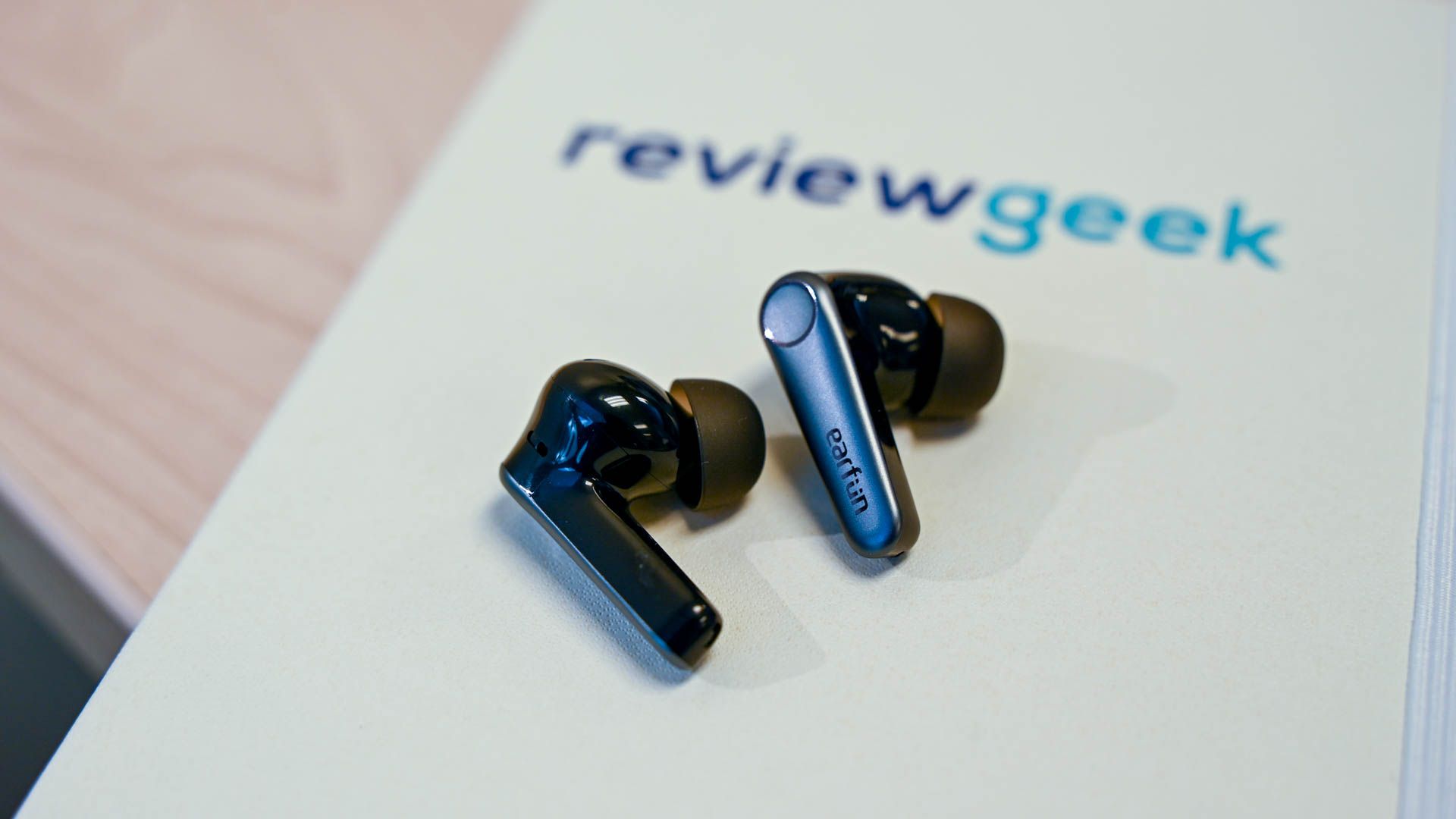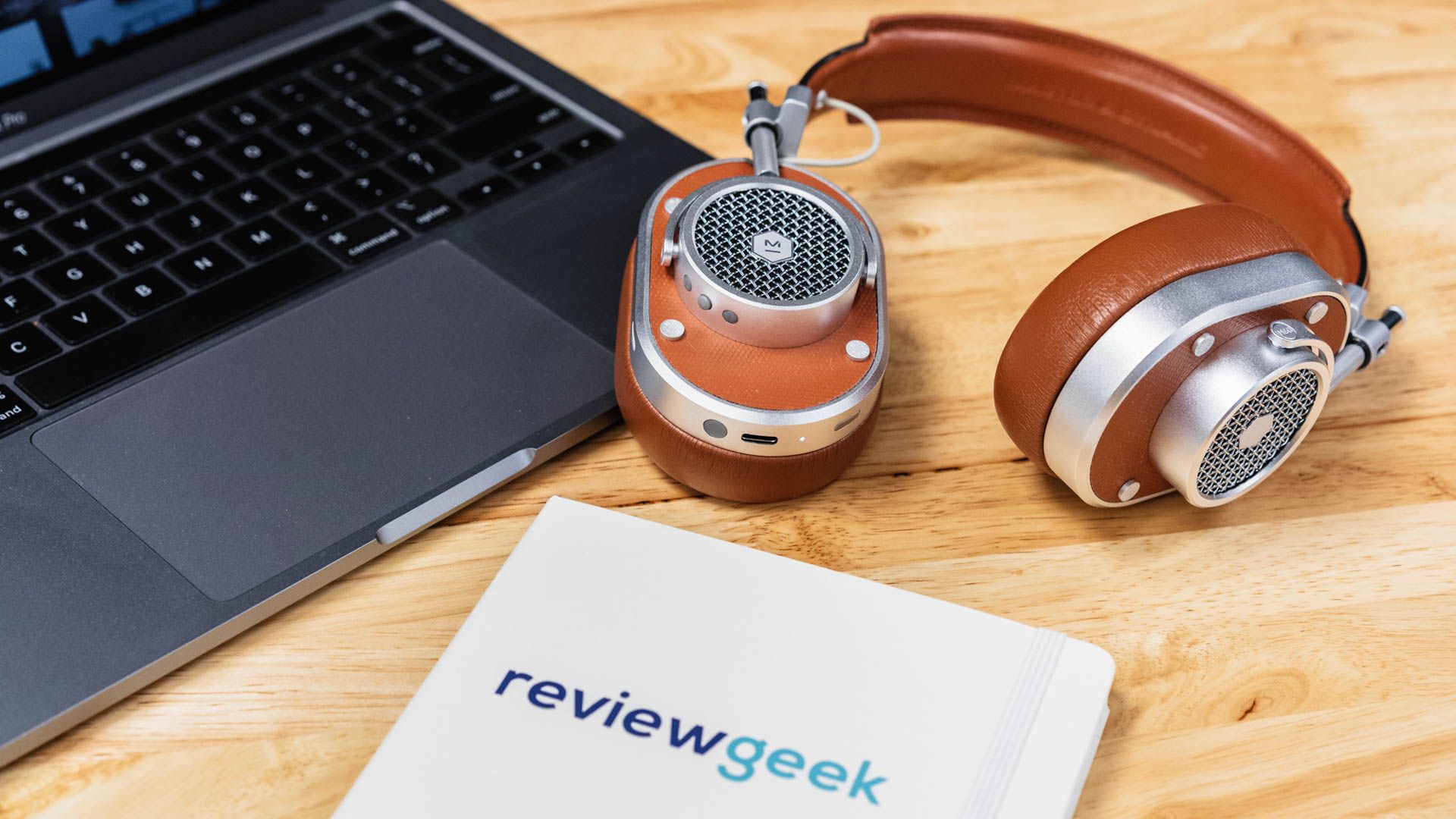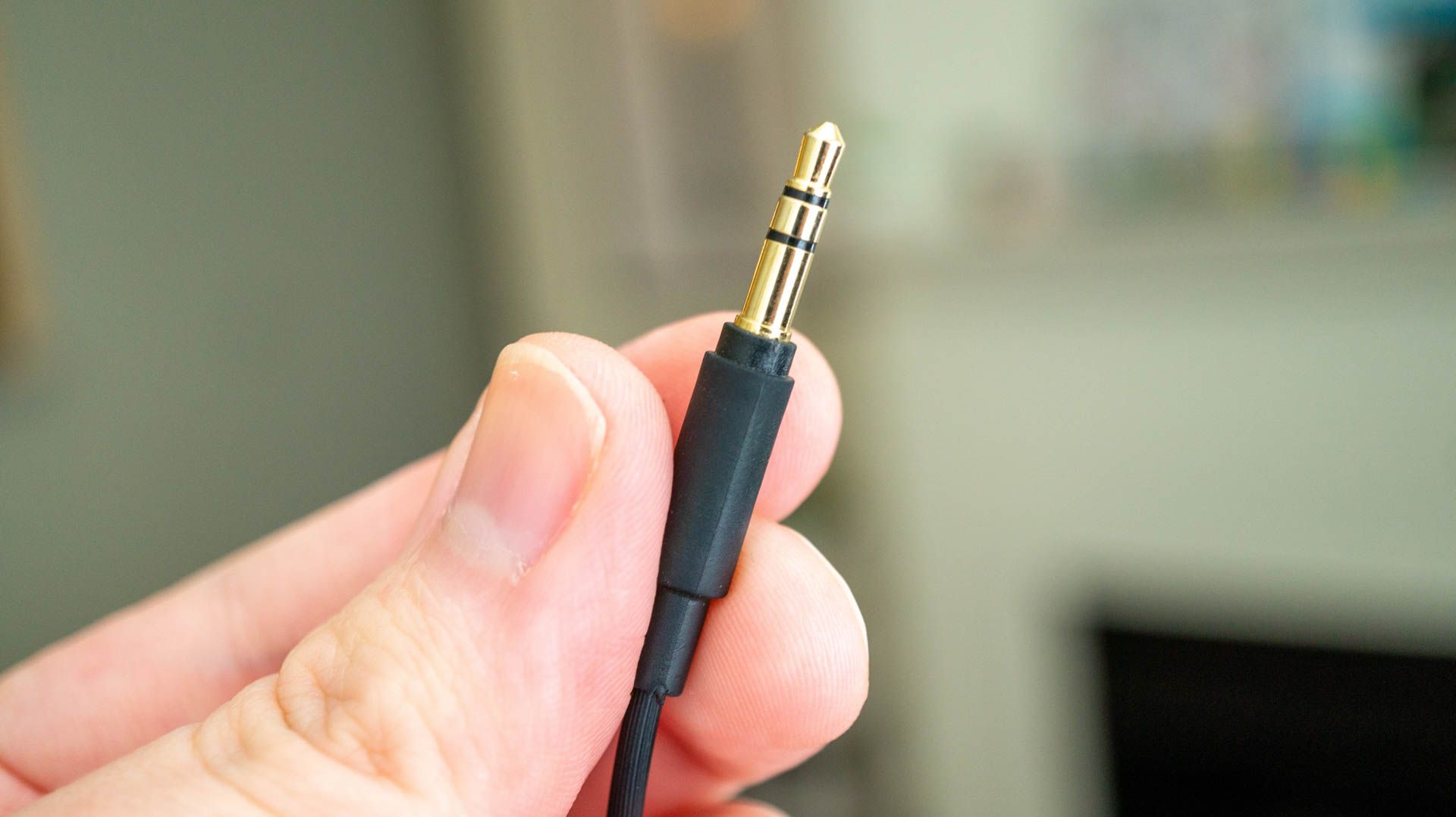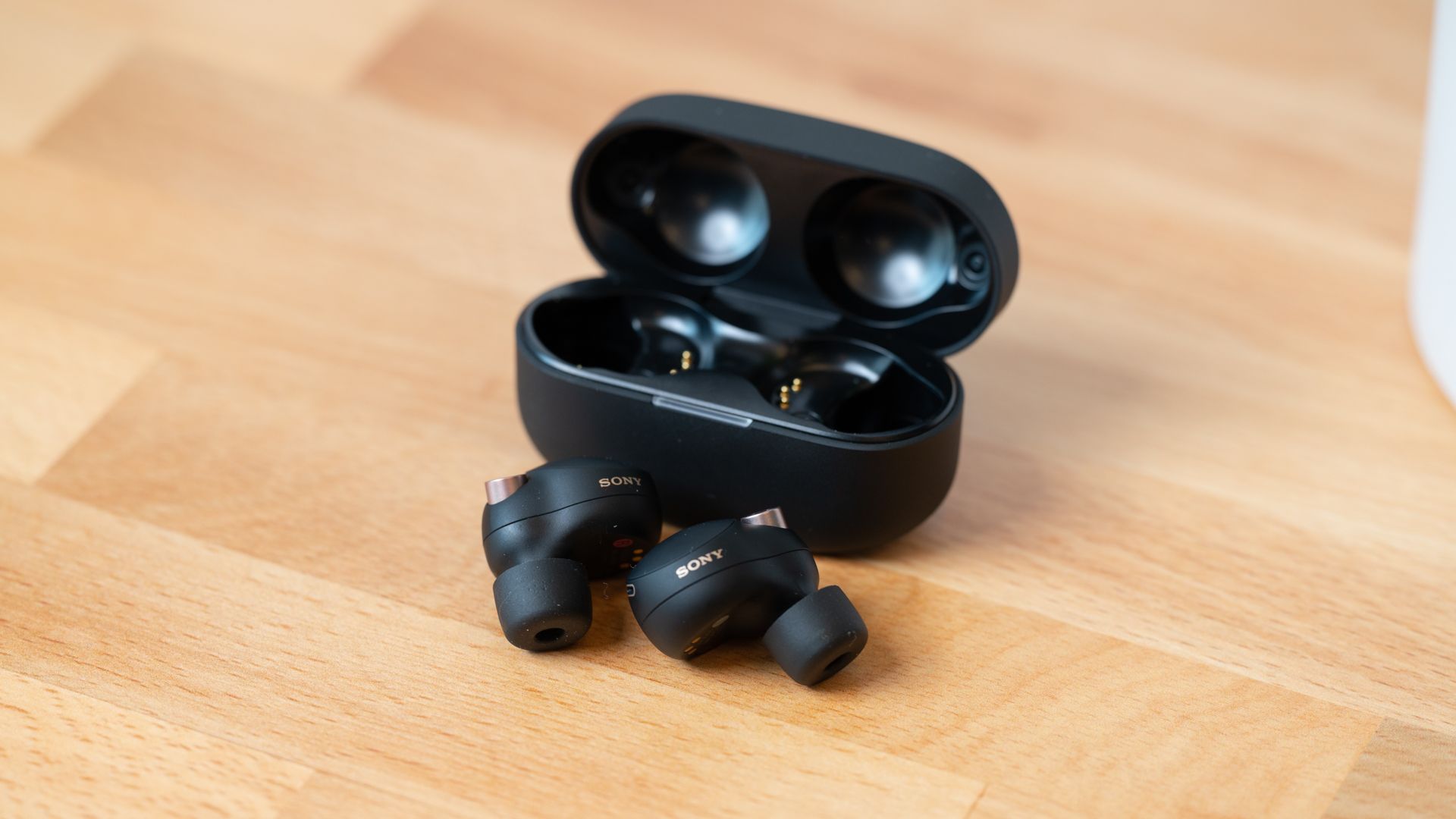Quick Links
Key Takeaways
After two or three years of regular use, your earbuds' batteries will wear out, forcing you to buy a new pair. Skip the wireless earbuds and buy wired headphones, or even wireless headphones, which last a lot longer and give you more bang for your buck.
Wireless earbuds are a serious convenience, but they tend to only last for a few years. Batteries wear out, Bluetooth standards evolve, and even if you aren't a clumsy person, it's easy to lose track of a single earbud. So, maybe it's time to buy some headphones that'll last.
Wireless Earbuds Are Made for Landfills
Just a few years ago, wireless earbuds were considered a novelty item. Critics complained about Bluetooth's relatively poor sound quality, and they hated the idea of charging earbuds every few hours. Essentially, they believed that wireless earbuds offered a poorer and more expensive experience than wired options.
But the convenience of wireless earbuds was impossible to ignore. Companies like Apple understood that normal people, as opposed to critics, may be able to overlook Bluetooth's flaws. So, Apple removed the headphone jack from the iPhone, launched the original AirPods (which are still quite good), and forced everyone to get on board.
Fortunately for Apple, wireless earbuds proved to be an extremely lucrative business. And this is partially due to those flaws we mentioned earlier---wireless earbuds contain rechargeable batteries, and they use the ever-evolving Bluetooth standard.
Rechargeable batteries wear out over time. After about a year of using wireless earbuds, you'll notice that the batteries need to be recharged more often. These batteries tend to become useless after two or three years of regular use, which is a massive problem, as they aren't easily replaceable.
Plus, the Bluetooth standard is constantly improving. This is mostly a good thing, as customers can expect new wireless earbuds to sound better, maintain a more reliable connection, and offer a simpler pairing process than previous models. But these improvements give customers a reason to ignore the short lifespan of wireless earbuds---why complain when you can upgrade?
Of course, some wireless earbuds won't even last a full year. They're easy to lose, and a lot of people fail to realize that earbuds need to be kept clean. I constantly see complaints that "one earbud is quieter than the other," which is usually due to a buildup of earwax and other grime. (To be fair, cleaning is also a problem with wired earbuds.)
Wireless earbuds are made for landfills. They pose an environmental threat, which you may not care about. But they also drain your wallet, as they need to be replaced fairly often. You probably care about that.
What About Wireless Over-Ear Headphones?
Wireless over-ear headphones pose many of the same problems that we see in wireless earbuds. They have batteries that wear out, and they use Bluetooth standards that will eventually become outdated.
That said, wireless headphones often support wired audio over a USB-C or 3.5mm cable. They're also a lot larger than earbuds, so their batteries are comparatively easy to replace (companies like Bose even offer replacement services). Oh, and you only need to replace one battery---wireless earbuds are comprised of three separate batteries (one in each bud, plus another in the charging case).
I should also point out that wireless over-ear headphones almost always sound better than earbuds while offering all of the features you care about, like ANC and Transparency mode. And because over-ear headphones use larger batteries, they usually last longer between charges (though this isn't always true).
Clearly, wireless over-ear headphones are a smart, longer-lasting alternative to wireless earbuds. And this is true even when you're shopping on a budget---products like the Soundcore Life Q20 and Skullcandy Hesh 2 sit around the $50 mark but offer compelling sound quality and performance.
But if you want to buy something that'll last an extremely long time, you need to buy wired headphones. That's just the reality here.
Embrace the Wired Lifestyle If You Can
Wired headphones don't match the convenience of wireless options. But they offer the best-possible sound quality, they aren't tethered to a stupid battery, they're more affordable than wireless headphones, and the "pairing process" is much simpler---just plug the headphones into your device!
Yeah, your smartphone probably doesn't have a headphone jack. But you can get around the problem with a cheap USB-C or Lightning adapter. Carrying around an adapter is a pain in the neck, so I suggest using a velcro tie (or even a zip tie) to semi-permanently attach the adapter to your headphone cable. That way, you can always plug the headphone cable into the adapter when you need it.
Personally speaking, I own several pairs of wired over-ear headphones. They all exceed the sound quality of wireless options, and they've all endured plenty of abuse. My Audio Technica ATH-M50X headphones are now a decade old, largely thanks to their detachable cable, replaceable earcups, and easily-repairable components (not that I've had to perform any critical repairs).
Some people wring their hands over headphone cables, which supposedly wear out and break all the time. To me, this is an odd thing to worry about. Plenty of headphones have detachable cables, which can be replaced at any time. And even if a headphone cable isn't detachable, repairing a wire is easier and cheaper than replacing a rechargeable battery.
If you prefer earbuds over headphones, the argument remains the same. Wired earbuds are cheaper and perform better than wireless options, and some wired earbuds have detachable cables. The only major problem with wired headphones, aside from their reduced convenience, is that they don't offer advanced features like ANC. (One of the few exceptions is the Bose QC 20 earbuds. But these are somewhat cumbersome and use a rechargeable battery.)
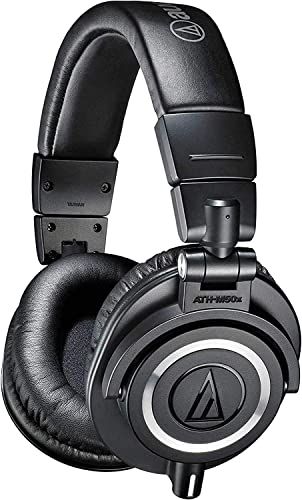
Audio-Technica ATH-M50X Wired Headphones
The famous Audio-Technica ATH M50X headphones are beloved for their pro-level sound quality and relatively low price. And more notably, they have a detachable cable and several replaceable parts, so they last for a very long time.
Are There Any Repairable Wireless Earbuds?
There's nothing wrong with using wireless earbuds. The problem is that they just don't last a long time---I'm speaking from experience, not personal opinion. But what if you could replace the battery in a pair of wireless earbuds? Well, that's not a bad idea, but manufacturers aren't willing to listen.
Most wireless earbuds are basically impossible to repair, even if you're skilled at this kind of stuff. Products like the AirPods are held together with glue, so once you crack them open (and fish through a bunch of small parts), they're permanently damaged. (See iFixit's AirPods teardown to see what I mean.)
But some wireless earbuds are easier to repair than others. Our friends at iFixit have a (slightly outdated) list of the most repairable earbuds with a short explanation of the battery replacement process for each model. If repairability is important to you, the only model from this list that I would recommend is the Sony WF-1000XM3, as its batteries are fairly easy to replace---carefully pry open the buds (which are held together with clips, not glue) and pick out the old button-cell battery with a pair of tweezers.
There's also Sony's newest flagship earbuds, the WF-1000XM4, which contain user-replaceable batteries. Just note that the battery replacement process is more straightforward with the older WF-1000XM3s.
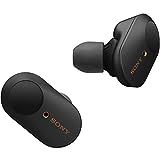
Sony WF-1000XM3 Wireless Earbuds
If you want wireless earbuds with user-replaceable batteries, Sony's WF-1000XM3s are your best option. Just note that these are the previous-gen version of Sony's wireless earbuds, and while they sound quite good, they are bulky.

